Prof. Rasko speaks at 4th International Caparica Conference in SPLICING 2021
CTCF & Alternative Splicing: Look who joined the party!
At the 3rd International Caparica Conference on Splicing we discussed the importance of intron retention (IR) as a once-neglected form of alternative splicing. Since our original demonstration that IR is a conserved mechanism of gene expression control in mammalian biology (Wong et al Cell, 2013; Schmitz et al Genome Biology 2017) we have demonstrated epigenetic control mechanisms and broad relevance to normal and cancer biology. In this presentation we highlight the role of the “Master weaver of the Genome”, CTCF, and provide evidence of its increasingly compelling role in co-ordinating alternative splicing (Alharbi et al NAR 2021).
CTCF is a ubiquitously expressed, conserved zinc finger transcription factor with ~100,000 target sites identified genome-wide. It is widely acknowledged as being central to the 3D organisation of chromatin architecture in the nucleus. We have shown that CTCF acts as a tumour suppressor gene (Rasko et al, Cancer Res 2001, Tiffen, Bailey et al, Int J Can 2013). We now perceive that CTCF has a role in orchestrating alternative splicing via diverse mechanisms, including: transcriptional elongation, DNA methylation, chromatin architecture, histone modification, and regulation of splicing factor expression and assembly. We examined the effect of Ctcf haploinsufficiency on gene expression and AS in five tissues from Ctcf hemizygous (Ctcf+/-) mice. An increase in IR was observed in Ctcf+/- liver and kidney, but not in brain, kidney or spleen. In liver, this specifically impacted genes associated with cytoskeletal organisation, splicing and metabolism. Ctcf binding sites were greatly enriched upstream 200–50,000 nt, but not downstream or within introns, of differentially expressed transcripts with retained, compared to non-retained, introns. CTCF not only co-ordinates gene expression regulation but modulates transcriptomic complexity.
CTCF as a regulator of alternative splicing: new tricks for an old player. Alharbi AB, Schmitz U, Bailey CG, Rasko JEJ. (2021) Nucleic Acids Research
Ctcf haploinsufficiency mediates intron retention in a tissue-specific manner. Alharbi AB, Schmitz U, Marshall AD, Vanichkina D, Nagarajah R, Vellozzi M, Wong JJ, Bailey CG, Rasko JEJ. (2020) RNA Biology
